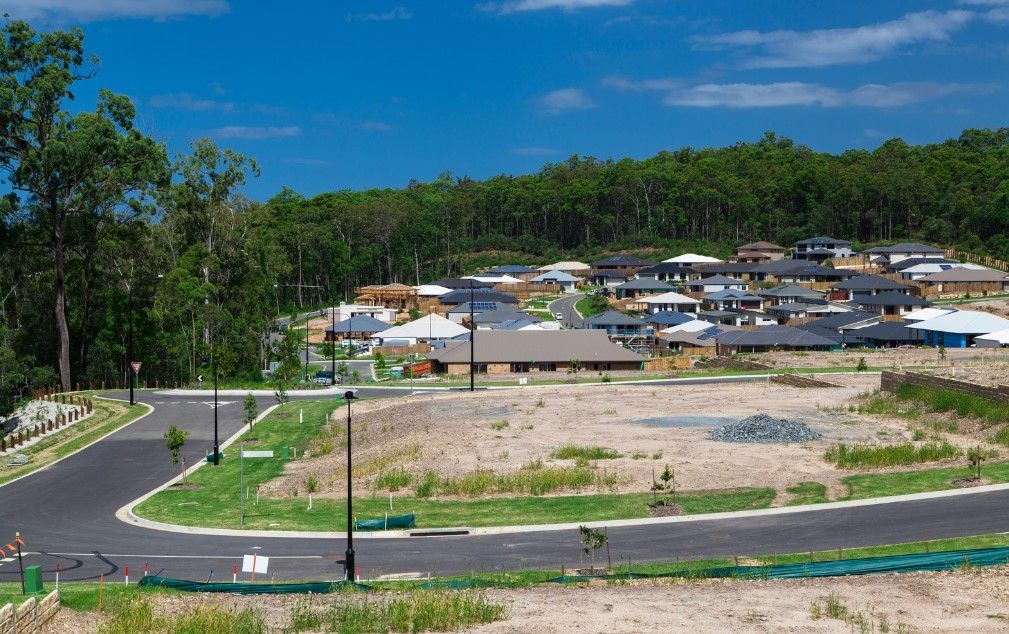What Your Home Is Really Worth: Why Online Estimates Vary
If you’ve ever looked up your home’s value online, you’ve probably noticed a curious thing: no two websites agree.

Acquiring raw land for income purposes may not be the most glamorous area of real estate investment but -- for the discerning and dedicated -- it can be a lucrative one, nevertheless. This series will look at locating the right land; navigating through the purchasing process; engaging a lender to finance the purchase; developing the land in compliance with federal, state and local laws; and re-selling the improved property at the right time. Getting to the financial payoff is a process that requires planning and patience. For now, we focus on finding the optimal parcels to make it all happen.
Is There Raw Land Out There?
If, for example, you wish to build a house to sell, you might look for a property with an old, unpreserved house waiting for demolition. Yet that just represents additional expense. Ideally, you want a piece of land that is undeveloped. How much is available to a small homebuilding business? Obviously, the availability of such real estate varies according to state. LandWatch.com, for example, lists nearly 1,400 undeveloped properties on its database for New Jersey. Arkansas, on the other hand, boasts 8,000 listings. Such parcels measure half an acre; others are in the hundreds of acres. The point is, there is raw land for sale.
Is Raw Land a Worthy Investment?
There is an increasing appetite for land that can be converted to residential and commercial use. Per the National Association of Realtors (NAR), land value for these zoning classifications will climb between three and five percent between 2023 and 2024. Best of all for landowners, it is a finite commodity. Therefore, it will depreciate very little, but can appreciate significantly. Even holding it for a short while can be profitable down the road when the real estate market improves and home values rise. Still, not all land is created equal.
What Kind of Land Should a Homebuilder Look For?
A real estate investor who builds homes should always keep the long view in sight: what will the re-sale price be and what kind of reputation does the seller have when all is said and done. With this in mind, a builder looks for certain features in undeveloped property. A few well-conceived questions can reveal these features:
- To which utilities will I connect? Gas, electric and water must be accessible and the builder must provide the connections to them. If the source is too far away, you may want to pass.
- What about surroundings? Are there conveniences and parks nearby? Trees, lakes or other bodies of water? A noisy highway?
- How is the soil quality and how is the property sloped? In other words, is it prone to flooding?
- What are the zoning rules? More on this in a later post.
- Any easements to worry about? Access is a big issue for home buyers.
How to Find Property that Meets My Criteria?
There are many online services that aid in the search for appropriate raw land. Landwatch.com, LoopNet.com and LandSearch.com are but a few of them. Do not, by the way, discount local real estate brokers. While their bread and butter consists of selling improved properties, many of them have experience with raw land transactions and can guide you through the search and acquisition process. They can also project where eventual home values will land when it's time to sell. Unless you are experienced in such transactions, the advice of a seasoned realtor might be an invaluable asset.